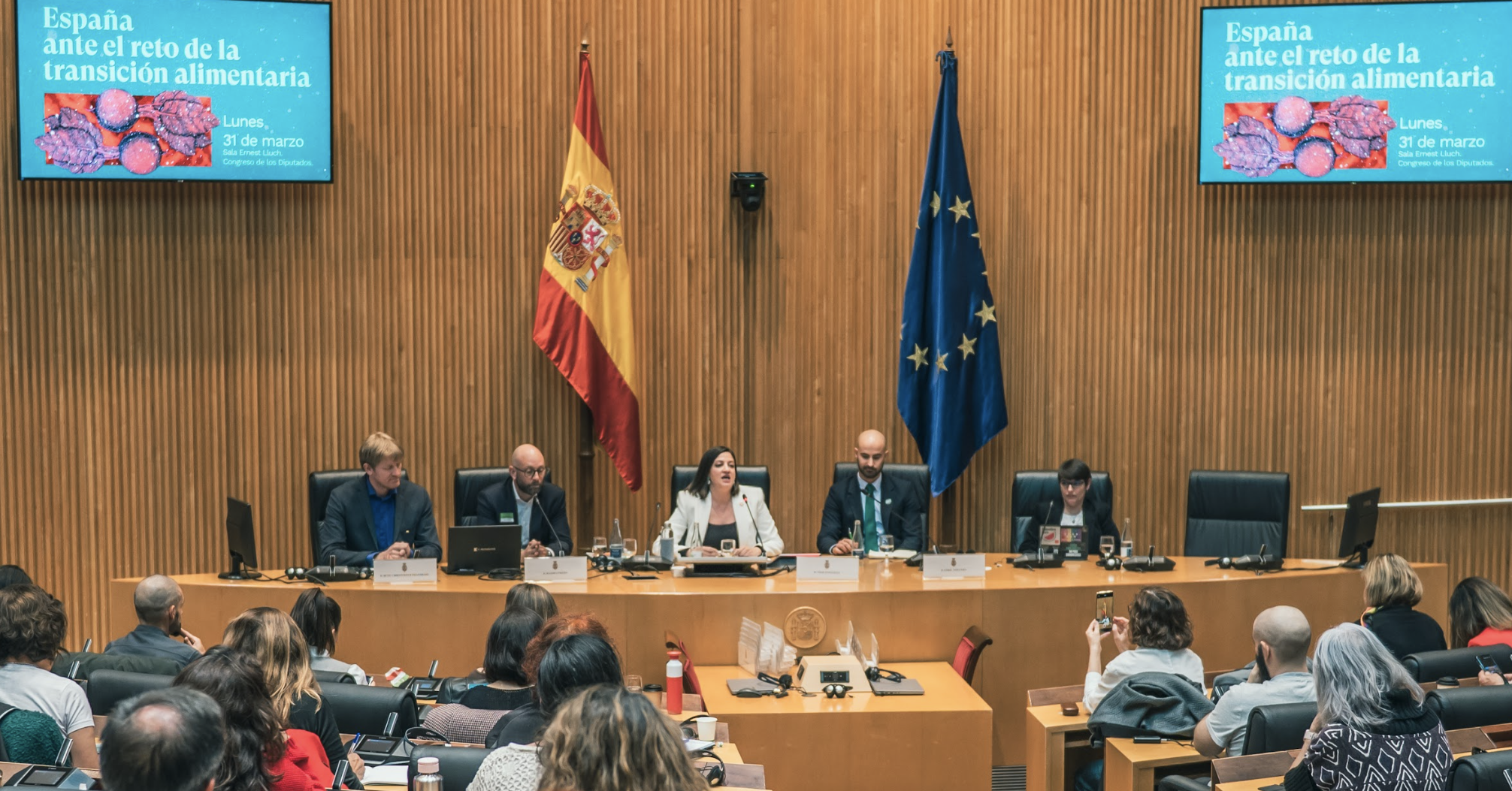Are you passionate about making a tangible difference in the world, and believe in the power of philanthropy to enact real change? If so, we invite you to join us, as our US Director of Philanthropy at Compassion in World Farming.
Compassion in World Farming International was founded in 1967 in England by Peter Roberts, a British farmer who became horrified by the development of intensive factory farming. Over 50 years ago, Peter decided to make a difference and take a stand against this farming system. In his lifetime, Peter saw the demise of veal crates and gestation crates in the UK, and in Europe achieved recognition that animals are sentient beings. Compassion in World Farming, Inc was incorporated in 2014 and received 501(c)(3) status in 2015. The USA is an important international office for Compassion, as part of our increasing global reach.
Learn more and apply here
Department: Global Fundraising
Job Type: Permanent; Full-time
Location: USA remote, home-based (strong preference Eastern time zone) flexibility to travel c20% of time around USA.
Closing Date: May 26, 2024
About the role
This is an exciting time to join the Global Fundraising Team at Compassion in World Farming and contribute to delivering our mission to end factory farming by 2040. With growing awareness of the impact of factory farming not only on animal welfare, but on human health and the environment, now is a unique moment to be raising funds for Compassion’s work and bringing new donors on board. Annual income from major philanthropic partners in the US, UK and Europe has continued to grow, and our Global Philanthropy team of 11 staff, has ambitious growth targets over the coming years.
- Lead US philanthropy team to meet strategic growth goals, working closely with the Global Director of Fundraising, US ED and International Head of Philanthropy
- Identify, cultivate, solicit and steward high level donors with a focus on individuals, foundations and corporations capable of $50,000 donations and above.
- Manage staff of 2 fundraisers (1 trusts and foundations, 1 individual major giving).
- Build on the solid base of major donors and strategic partners, to personally identify and grow our connections with philanthropists, institutions and companies who might support and promote our global work, both in the US and internationally, to meet and exceed our targets.
- Motivate your team and colleagues to help build engaging narratives and projects that increase support from existing and new donors and promote the importance, scale and urgency of our mission.
- Play an active role in the Global Fundraising Senior Management Team (SMT) and Global Philanthropy Team (GPT), contributing to both strategy, budgets and operational plans, presenting progress to the wider team and organisation, and representing the Global Fundraising department as required both internally and externally.
- Represent Compassion in World Farming at external conferences, events and meetings, as opportunities arise.
- Develop and deliver US philanthropy targets, including renewal gifts and new business (from 1 April 2024 our annual goal is $2.1M).
- Work with our existing global systems (e.g. CRM, finance), policies (e.g. ethical fundraising, expenses) and processes (e.g. the Philanthropy Manual) to deliver the objectives of this role in a compliant, collaborative and efficient way.
About you:
To succeed in this role, you will need to exhibit the highest standards of integrity and ethical conduct, as the successful candidate you will have relevant qualifications and previous fundraising experience, including closing six-figure gifts. You will be adept at fostering relationships, securing high-level philanthropic contributions, and help to propel the growth of our US philanthropy programme in support of our global mission. You will possess a well-defined strategic acumen and be adept at articulating and delivering a compelling vision, that will help to steer our philanthropy programme towards success.
You will need to have proven experience with mentoring and leading high-performing team members. You’ll have previous experience of budgetary management and be well-versed in IT applications, such as Microsoft Office and fundraising databases, experience of working for an international non-profit, and/or in the animal welfare / environmental space would be an advantage. Your unwavering dedication and passion drive you to make a tangible difference in the world. Together, let us realise our mission to create a more compassionate world for all.
Apply today here
Compassion in World Farming is an equal opportunity employer, and supports the facilitation of diversity, representation, and inclusivity within the animal protection movement. Compassion does not and shall not discriminate on the basis of race, color, religion (creed), gender, gender expression, age, national origin (ancestry), disability, marital status, sexual orientation, or military status, in any of its activities or operations. These activities include, but are not limited to, hiring, and firing of staff, selection of volunteers and vendors, and provision of services. We are committed to providing an inclusive and welcoming environment for all members of our staff, volunteers, subcontractors, vendors, and clients. Applications from members of underrepresented groups are encouraged.


